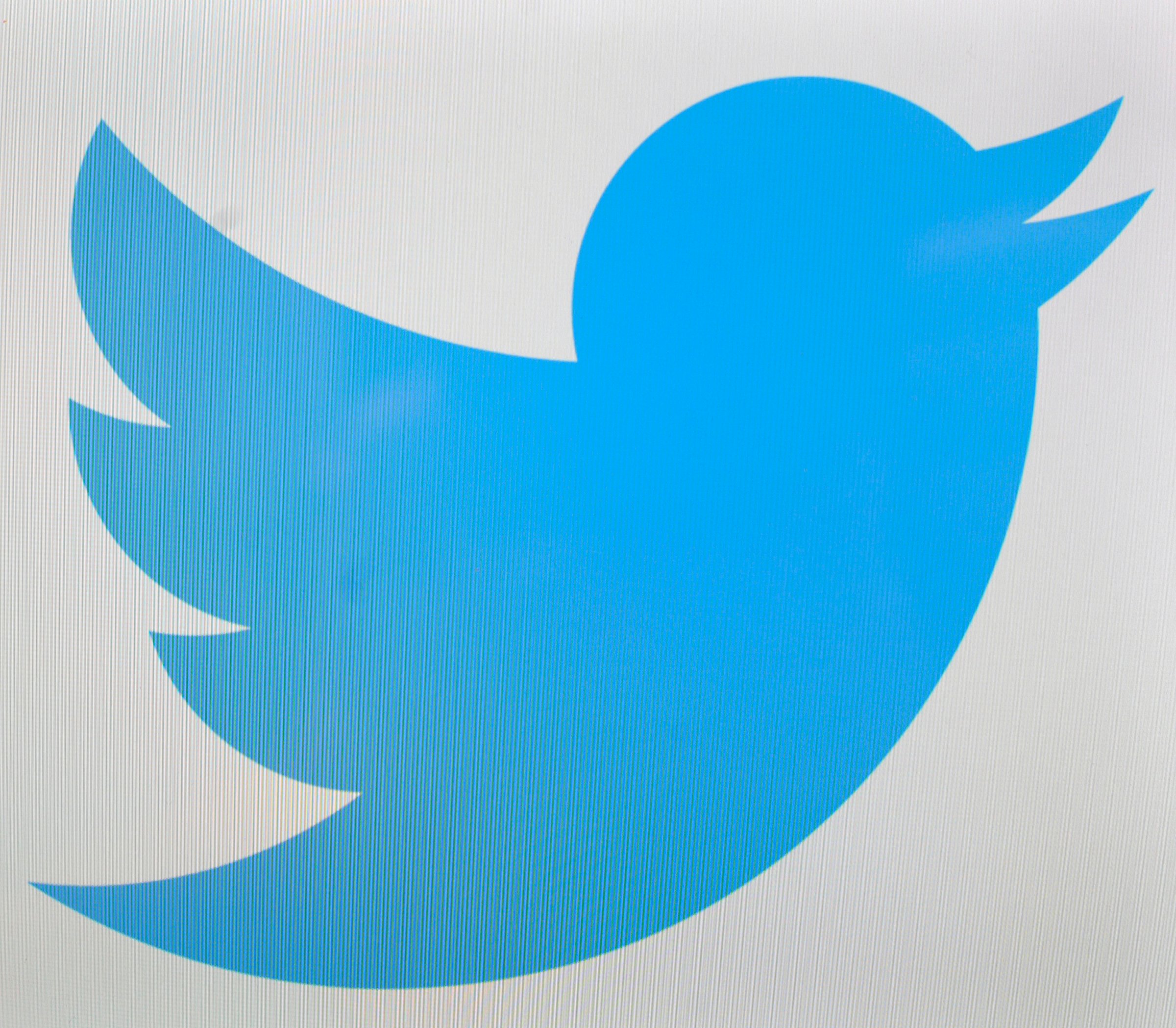
People today live in a virtual online aquarium, and chances are good that one of the people watching you is probably your current or potential employer. According to job site CareerBuilder, 52% of companies now check job applicants’ social media profiles before hiring them, up from 43% just a year ago.
On one hand, it’s understandable. After all, it can be embarrassing for a business if one of its representatives posts offensive content or does something illegal via social media. Employers can even get into legal trouble for their workers’ actions. Advocates of the practice say that it’s necessary to protect companies’ reputations, confidential information, and is an inevitable byproduct of the Internet age, according to the Wall Street Journal.
But does monitoring of employees’ social media really protect a company or can it do more harm than good?
First, the argument that companies need to keep tabs online to ensure that their employees refrain from inappropriate or illegal behavior doesn’t really hold. While it’s conceivable that some low level silliness, such as posting a picture of yourself dancing on a table, could be prevented by employer monitoring, more serious infractions are unlikely to be shared on social media and therefore never appear on the radar of the company anyway.
In addition, when job candidates or employees know that they are being watched, they can restrict access to certain posts, set up dummy profiles to fool companies, or otherwise throw up smokescreens. This is particularly true of millennials, who are technologically adept at controlling and manipulating their online avatars. The point is, the limited preventative effect of social media monitoring may not be worth the time and expense required for companies to do it.
There is also the problem of bias. Americans today are arguably more socially and politically conscious than previous generations and actively use social media to convey their thoughts, debate important topics, and fight for causes. In some cases, employers may even be supportive, such as if a job candidate works tirelessly to raise money for breast cancer research, but in other cases, there is a real danger of people being penalized for their personal views on things like politics, race, or religion.
Even if a company itself is neutral, the subjective feelings of the person tasked with monitoring employees’ social media could easily lead to discrimination, especially in the highly polarized environment of the U.S. People should be able to share their views on gay marriage, for example, with their friends on social media, without running afoul of an employer who disagrees with them. Recognizing that in essence this is an inadvertent violation of laws that prohibit discrimination on the basis of race, political preference, gender etc, employers should at the very least factor this into their social media policies and put safeguards in place to prevent against it. The harm caused by bias to workers is immense but so are the potential legal consequences for companies.
Finally, by looking over workers’ shoulders, companies could stifle the most important trait that can benefit a business: creativity. As innovation becomes increasingly necessary in a hyper-competitive business landscape, this factor can be crucial for a company’s success.
Social media, for those who use it avidly at least, can be a medium to express our personality – for who we are – which is naturally linked to our creativity. Companies that foster creativity are more profitable and 50% more likely to be market leaders than their peers, according to the Harvard Business Review. Yet some businesses fail to make the connection between suppressing their employees’ online freedom and restricting their creativity.
There is no doubt that companies are within their rights to expect compliance with some common-sense social media etiquette. However, there is a vast difference between asking for employees to exercise good judgment and hovering over their Tweets like Big Brother. The latter can erode a necessary sense of trust between companies and their workers and undermine loyalty. Just as an employee or a job candidate needs to trust that a company has integrity and is worth working for, the company needs to show its people that it trusts them to behave like responsible adults.
By allowing workers to live their personal lives without intrusion, smart businesses can make a powerful statement; namely, that they accept them for who they are, treasure their professional contributions to the company, and want them to be happy and fulfilled outside as well as inside the office. This, in turn, would inspire loyalty and boost productivity in the workforce, and make those companies more profitable.
Kumar has worked in technology, media, and telecom investment banking. He has evaluated mergers and acquisitions in these sectors and provided strategic consulting to media companies and hedge funds.
More Must-Reads from TIME
- Breaking Down the 2024 Election Calendar
- How Nayib Bukele’s ‘Iron Fist’ Has Transformed El Salvador
- What if Ultra-Processed Foods Aren’t as Bad as You Think?
- How Ukraine Beat Russia in the Battle of the Black Sea
- Long COVID Looks Different in Kids
- How Project 2025 Would Jeopardize Americans’ Health
- What a $129 Frying Pan Says About America’s Eating Habits
- The 32 Most Anticipated Books of Fall 2024
Contact us at letters@time.com